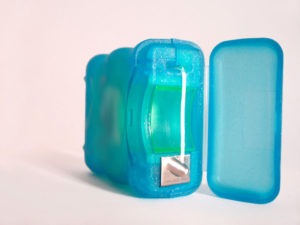 Loose teeth, bad breath, and painful, bloody gums – these are among the signs and symptoms of periodontal, or gum, disease. Unfortunately, periodontal disease can also begin without any obvious symptoms. If left undiagnosed or untreated, you could be at risk for irreparable damage to your teeth and gums. The good news is that periodontal disease is preventable. In fact, one of the most effective tools for preventing the disease only takes a minute of your time each day.
Loose teeth, bad breath, and painful, bloody gums – these are among the signs and symptoms of periodontal, or gum, disease. Unfortunately, periodontal disease can also begin without any obvious symptoms. If left undiagnosed or untreated, you could be at risk for irreparable damage to your teeth and gums. The good news is that periodontal disease is preventable. In fact, one of the most effective tools for preventing the disease only takes a minute of your time each day.
Floss to the Rescue
Dental floss is an effective and easy to use tool that can be among your best defenses for preventing periodontal disease. Periodontal disease is caused by a buildup of plaque and bacteria. Even if your daily oral hygiene routine already includes a thorough brushing that lasts for two minutes, at least twice each day, you should be flossing daily as well. Dental floss is highly effective at cleaning areas where your toothbrush cannot reach. Small gaps and tight spaces between teeth catch food debris and sugars and acids from drinks all day long. Flossing helps to clean out these tough to reach spaces.
Facts Behind Flossing
According to a survey referenced by the American Dental Association, only 40% of Americans floss each day. The same study showed a clear link between regular intra-oral care and better oral health. Unfortunately, many people also lie about how frequently they clean between their teeth. A study from the American Academy of Periodontology found that 27% of adults lie to their dentist about their flossing habits.
Tips for Flossing Correctly
It can be confusing to figure out the best way to use dental floss. Try cutting off about 18 inches of floss and wrapping most of it carefully around your middle finger. Use roughly one inch to clean between each pair of teeth. Using your thumb and index finger, carefully slide the floss between your teeth. Floss to your gumline, but be gentle. Avoid cutting your gums. Work your way through your 18 inches of floss by using a new, clean section between each pair of adjacent teeth.
It only takes about a minute to floss your teeth each day, but these minutes contribute to a lifetime of optimal oral health. Floss is among the most effective tools at your disposal to keep your gums clean and healthy. Get into the habit of flossing your teeth regularly – your gums will thank you.
For more information about gum health, or to schedule a visit to our office, please contact our team.


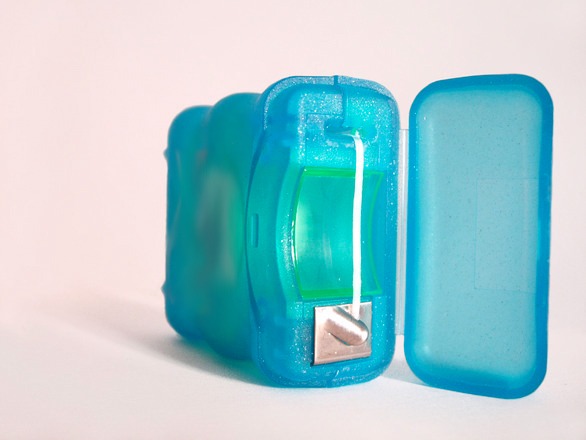

 For seniors, it is imperative that gum health is a top priority. As you age, your risk of developing periodontal (gum) disease increases. Periodontal disease is both preventable, and in many cases, reversible. When left untreated, it can lead to more serious complications such as bloody or swollen gums, and even tooth loss. Even more alarming are the numerous studies connecting periodontal disease to other serious illnesses. Here’s what you need to know about gum health as you age.
For seniors, it is imperative that gum health is a top priority. As you age, your risk of developing periodontal (gum) disease increases. Periodontal disease is both preventable, and in many cases, reversible. When left untreated, it can lead to more serious complications such as bloody or swollen gums, and even tooth loss. Even more alarming are the numerous studies connecting periodontal disease to other serious illnesses. Here’s what you need to know about gum health as you age.
 Exercise is important to good health, but can it have a detrimental effect on our teeth? Studies have shown that exercise and fitness habits can result in an increase in dental decay and tooth erosion. Exercise can impact our oral health in many ways, including:
Exercise is important to good health, but can it have a detrimental effect on our teeth? Studies have shown that exercise and fitness habits can result in an increase in dental decay and tooth erosion. Exercise can impact our oral health in many ways, including: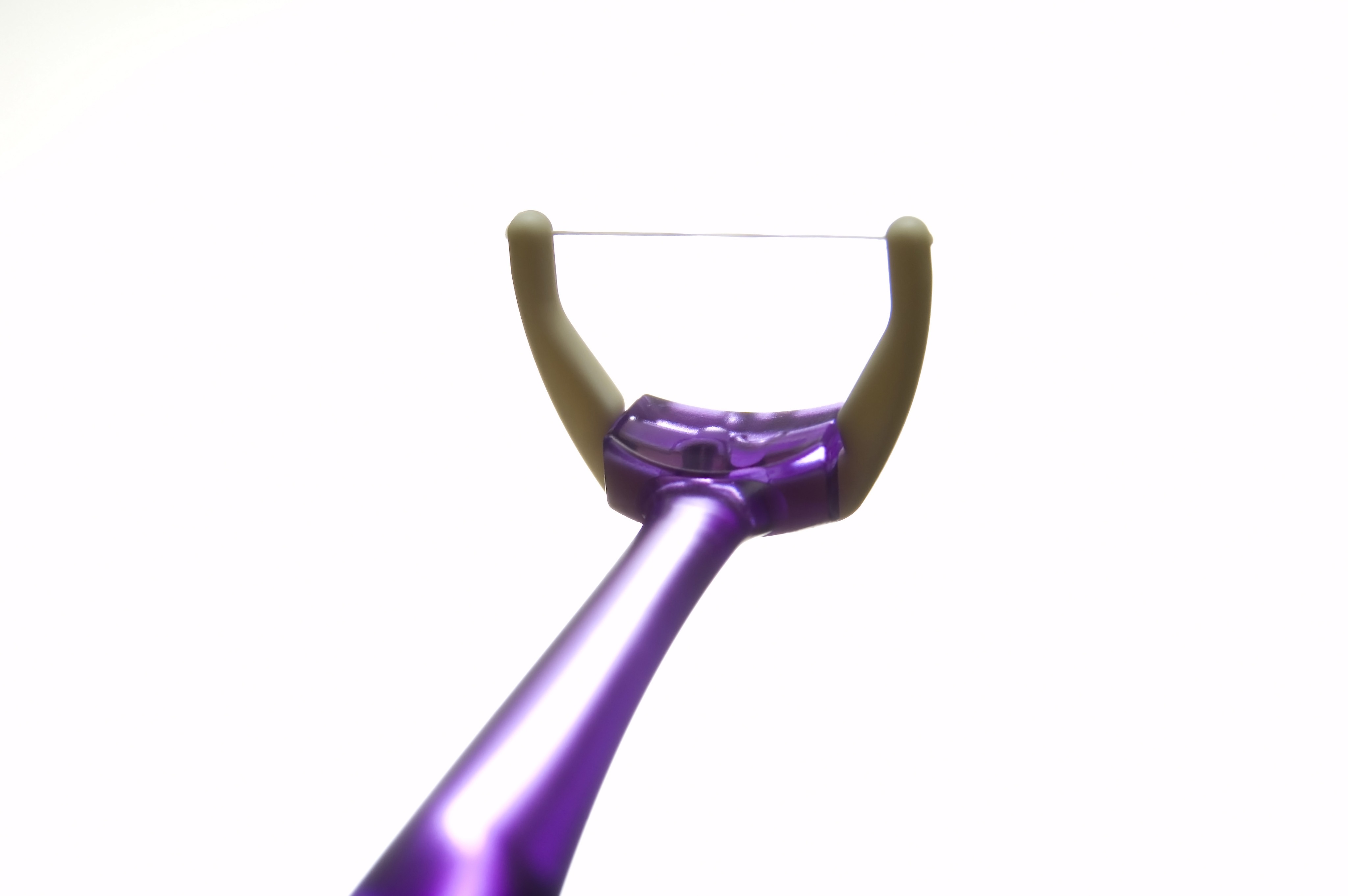
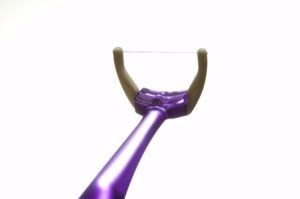 By now, you have likely seen news reports questioning whether flossing is necessary for your oral health.
By now, you have likely seen news reports questioning whether flossing is necessary for your oral health.
 Over 45% of U.S. adults h
Over 45% of U.S. adults h
 Our expert dentist wants to remind patients that our office offers thorough oral cancer
Our expert dentist wants to remind patients that our office offers thorough oral cancer 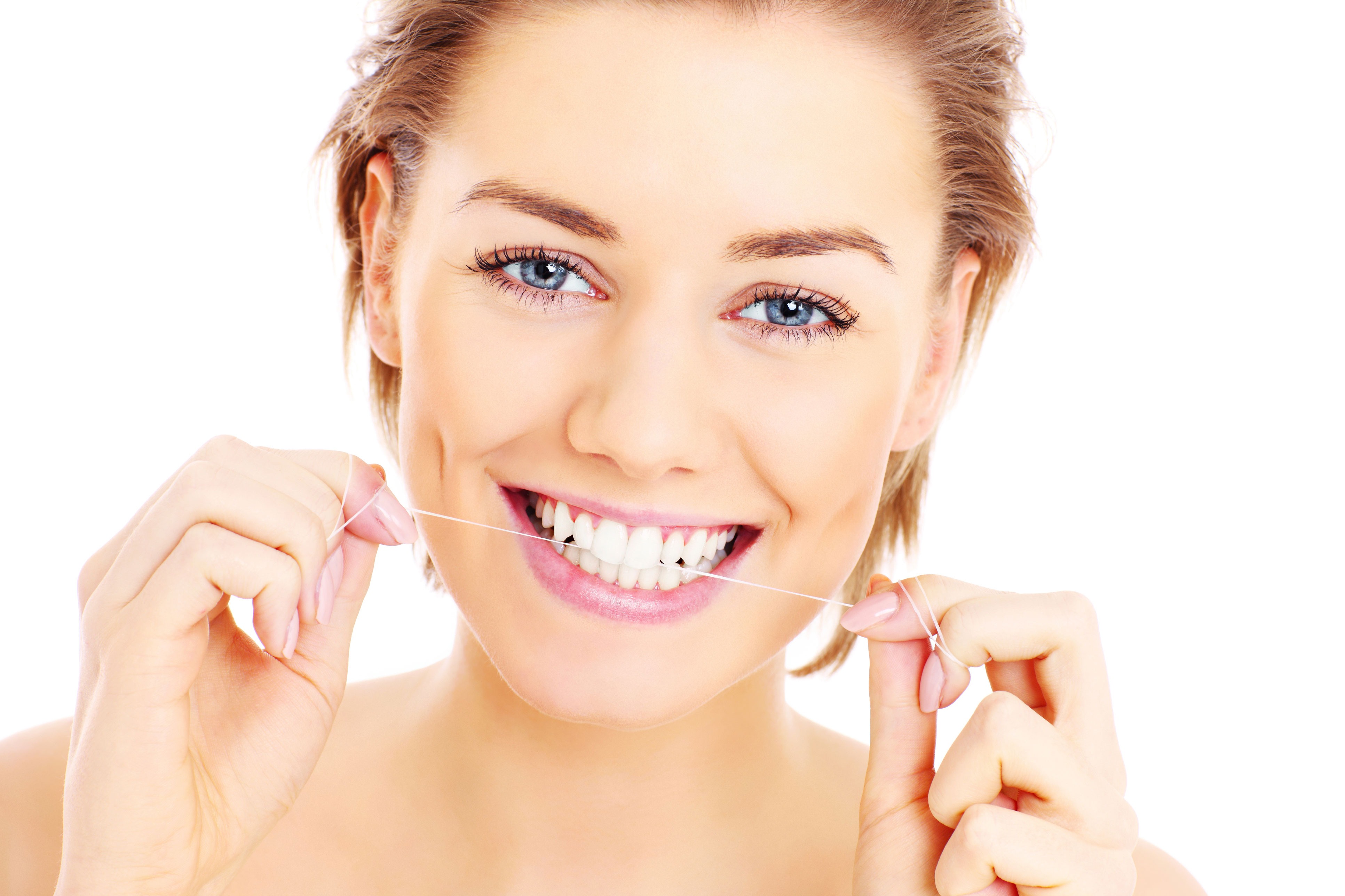
 Every time you stop in to visit your dentist, you are asked, “Do you floss regularly?” This is because flossing is instrumental in maintaining a healthy, beautiful smile. It helps to remove the plaque that brushing alone can’t reach. While we all know brushing is critical to your oral health, it is important to understand the benefits of flossing daily.
Every time you stop in to visit your dentist, you are asked, “Do you floss regularly?” This is because flossing is instrumental in maintaining a healthy, beautiful smile. It helps to remove the plaque that brushing alone can’t reach. While we all know brushing is critical to your oral health, it is important to understand the benefits of flossing daily.










